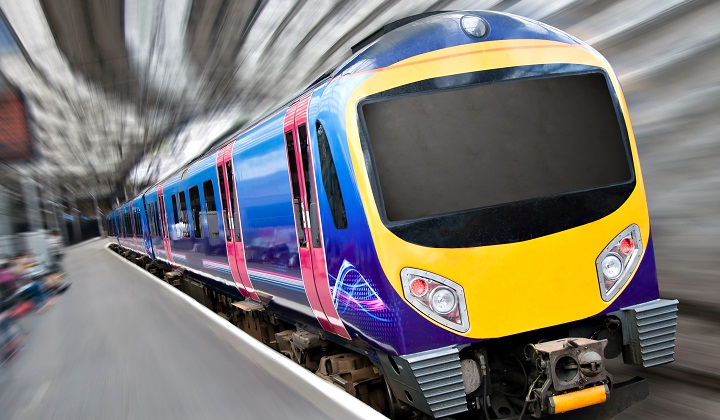It probably hasn’t escaped your notice that, with effect from 1st October 2016, the Consumer Rights Act 2015 (“CRA”) now applies in full to all transport services, including mainline passenger rail services.
This followed an about-turn by the Government back in September, when rail minister, Paul Maynard MP, announced in a letter to another MP, that the Government had decided that consumers “should not be denied any consumer rights or protections, even for a temporary period while the rail industry works to put in place more consistent compensation arrangements between train operators”.
Mr Maynard also stated in the letter that existing rail compensation schemes would run alongside the protections provided by the CRA.
So what are the main implications of this for train operating companies?
If a train operator fails to provide a passenger service with reasonable care and skill, consumers will be entitled to bring a claim for a full or partial refund of the price they paid for the journey. They may also be able to sue the train operator for any additional consequential losses that they suffer. Train operators are not permitted to exclude their liability to consumers or limit the amount that a consumer can recover to less than the ticket price.
Examples of what might amount to a failure to provide a passenger service with reasonable care and skill might include situations where a train is severely overcrowded or is delayed (even if the delay is for less than the time limit that applies under one of the existing rail industry compensation schemes).
A consumer might incur consequential losses where, for example, as a result of a delay in a train service, he or she is forced to pay for a more expensive onward transport ticket than would otherwise have been the case had the train service been on time.
If a train operator (or a third party on behalf of a train operator) says or writes something to a consumer and the consumer relies upon that information when making a decision about a rail service, that information will form a binding part of the contract between the rail operator and the consumer. Consequently, if that information turns out to be incorrect or is breached, the consumer will again be able to obtain a full or partial refund of the price paid for the journey. Also, as above, the consumer may be able to sue the train operator for consequential losses and the train operator is not permitted to exclude its liability or limit the amount that a consumer can claim to less than the price of the ticket.
The amount of any refund must be “appropriate” in the circumstances and must be made using the same means of payment as the consumer used to pay for the service in the first place (unless the consumer expressly agrees otherwise). As a result, the general rule is now that train operators will no longer be able to provide travel vouchers as refunds – if a customer pays for a ticket in cash then they should be refunded in cash. Refunds must be made without undue delay, and in any event within 14 days beginning with the day on which the rail operator agrees that the consumer is entitled to a refund.
There’s now likely to be a period of uncertainty as it’s established how the existing rail compensation schemes (which work on a no fault basis and have pre-defined compensation levels) will work alongside the rights available under the CRA (which, as stated above, require the consumer to prove breach of contract and require refunds to be appropriate in the light of the circumstances). So far, the only helpful comment the Government has made in this respect is that the bus industry has coped just fine…
There are also potentially other changes in the pipeline. In a recent statement, Paul Maynard has also suggested that the Government is considering proposals whereby train operators could be made to announce entitlement to compensation to passengers on their journey at the point in which they become eligible for a refund. This follows the results of recent research which suggest that eight out of ten passengers fail to claim when they are due a refund. Other ideas being considered include staff handing out claim forms when passengers leave the train. So it really is a case of watch this space…
Further information and legal support
For more information about the general changes made to consumer law in the UK by the CRA, please refer to our guides, which can be accessed here. Please also feel free to contact any member of our Commercial Services team if you would like further information about any of the issues covered in this article.

